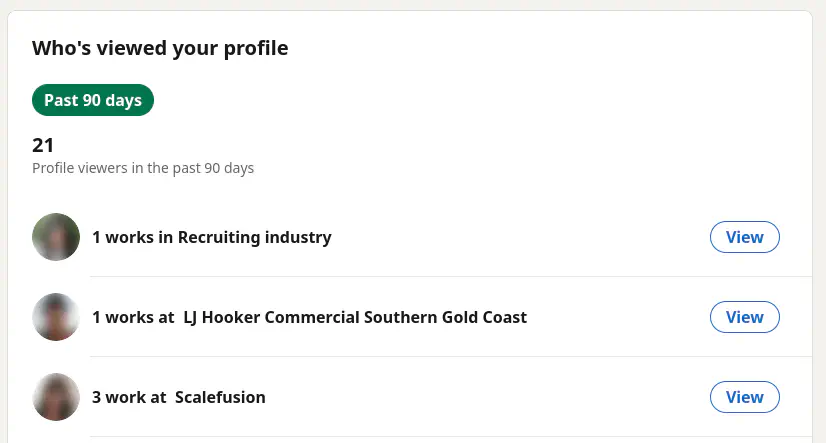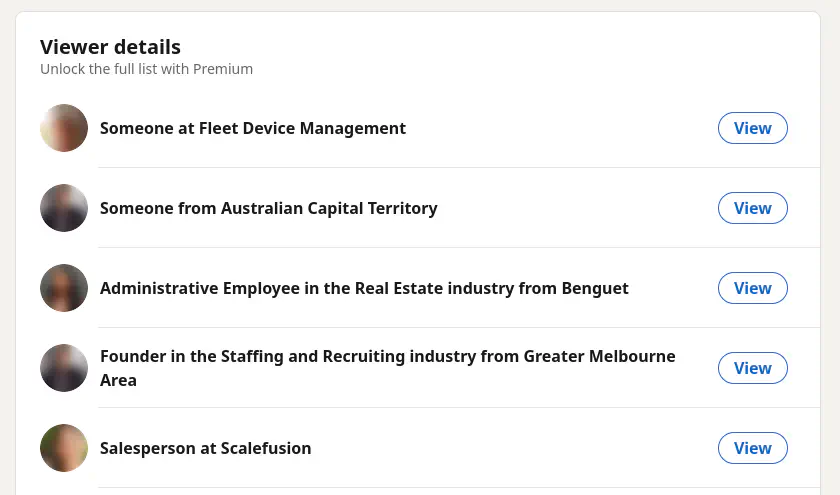Scalefusion is trash (a sorta review).
[last updated: 2025-09-22. Ongoing article.]
Ooooh I’ve been wanting to write this one for a while, I just didn’t have the energy to, but I guess I can just write bits at a time. Here we go.
Quick background on me: For the last 8 years I’ve worked in IT. Well actually, it’s been called numerous things from IT, to TechOps, to Digital Experience, to WorkTech, and back to TechOps again haha. I quite like the “TechOps” moniker, it carries the IT foundation but with a inference on automation, self-service, and what I refer to as “hyper efficiency”. I manage a lot of devices, and I mean a lot. What was initially maybe 60 devices 8 years ago at one role, became 250 at another, then 300, then back to 200, and now I’m at roughly 2200 devices; And I love it.
I think the best thing about my career path is that I’ve been able to see the evolution of device management, and in each position (I’ve typically been an army of one until now) I’ve been able to hop into an environment, look at the lay of the land and have been given pretty much free reign to chase that efficiency angle; Meaning, I’ve had the opportunity to test a lot of MDM solutions, except for one.
That one, is Scalefusion.
Scalefusion are trash.
I don’t say that lightly, and I don’t say it without context. I’ve used a lot of MDM solutions over the years, including:
- Microsoft Intune (ugh for speed, but love the windows verbosity)
- Google Endpoint Management (for ChromeOS and BYOD, it’s great).
- AirWatch (now VMware Workspace One)
- Addigy
- Jamf
- Kandji (Love these guys)
- Mosyle (Ditto)
- SimpleMDM
- Fleet Device Management (keep an eye on these guys, I honestly believe they’re going to be change leaders in the next 12-24 months).
I’ve used them all, and I’ve used them in production environments. I’ve used them for small servings of 20-50 devices, and I’ve used some for large fleets of 250+ devices. I’ve used them for BYOD, and corporate owned devices. I’ve used them for macOS, iOS, iPadOS, Windows, Linux, Android, and even ChromeOS.
All except for one.
That one, is Scalefusion.
Because, Scalefusion are trash.
Now, I know what you’re thinking. “But wait, How can you say it’s trash when you haven’t used it?! They advertise a lot of features, they’re pretty affordable, and they write a fuck ton of blog posts.” Sure, on paper.
But I don’t need to try it.
All of the abovementioned MDM products have one thing in common, they’re honest. Each of those companies is self respecting enough that that pretty much any time you see one of their reps in a chat, a subreddit, a slack channel, they will openly disclose who they work for and what their angle is, whether that be an explanation of that product and dropping a link to their calendar/email address, or correcting someone else on product knowledge.
Additionally, each of those companies don’t seem to excessively chase you should you choose to try out their product. Mosyle for example, has a strict “no sales” approach I can personally attest to after spinning it up at three organisations.
Cue to maybe two years ago, new company, new chance to look into solutions and see the state of the macOS device management landscape. So I do the usual, check reddit search and see what the last 20 most recent threads have in terms of recommendations. I see a lot of the usual suspects, Intune, Addigy, Jamf, Kandji, Mosyle, SimpleMDM, and Fleet. But I also see some the odd mention of Scalefusion, and wow, people seem to a bit about it, and the provide links too; Damn, I do that with Mosyle because I was (am) such a fan of their approach.
So I do what any curious IT person would do, I go to the website. It’s well designed, and it has a fair amount of information. The pricing seems competitive for a product that wants to be a “one stop shop” for multi platform device management.
Then the cracks begin to show.
- Who actually uses their product?
- Why do their blog posts seem to be advertorials? (articles that are basically “10 shell comands useful for macOS admins” but then the article is just a thinly veiled sales pitch for Scalefusion at the end).
- Why do they have so many “case studies” that are just stock photos with a quote over the top?
- Why are all of those reddit posters actually shills? (If you look closely at their post history, they all have a history of posting nothing but Scalefusion, their links have a Google UTM tag denoting the sales agents initials).
- Why can’t I find any real world mentions of their product on a site like Reddit, or Twitter, or LinkedIn?
That last one is a big one for me. I mean, I get it, not everyone is on social media, but if you’re a company that sells a product to IT professionals, and you have a product that is actually used by IT professionals, you’d expect to see some real world mentions of it, especially complaints.
Mosyle for example, has a moderately vocal user base, and while the majority of it is positive (price + function), there are definitely some complaints about features, or lack thereof (the lack of an app binary, integrations, etc). Same with Addigy, same with Jamf, same with Intune. The linkedIn pages for these afformentioned companies while having tens of thousands of followers, their posts get maybe 10s of likes and very few comments. But Scalefusion? Their LinkedIn page has 9000 followers, and their posts get hundreds of likes and dozens of comments, (cough) almost entirely from India… (cough). Little to no coherant discussion or complaints on any social media platform.
Something is very off about this.
What about the macAdmins slack? Surely there should be an active channel there of people talking about their expereinces with Scalefusion? Nope, nothing. I lie, there’s a channel, but it’s apocalyptic, the channel is a sole sales rep posting advertorials, and a few random people every few months asking questions asking about whether anyone uses it, only to get a reply weeks later.
Spoiler: No one seems to really use it.
Two years on from this story, The slack channel is (I think) just over 50 people, myself included to watch the shit show. The channel content consists of the same advertorials posted by some sales rep. A random enquirer wanders in ever few months and asks about the product, only to get a reply weeks later. Sheesh. Occassionally, I’ll post in there to derride their deceptive marketing practices (haha).
And for my religious trashing of their marketing practices, I seem to get stalked on a LinkedIn profile I no longer use.


[to be continued, when I (fucking) feel like it]
*everything here is my opinion and personal experience. (see, this is how you do a disclosure, morons)